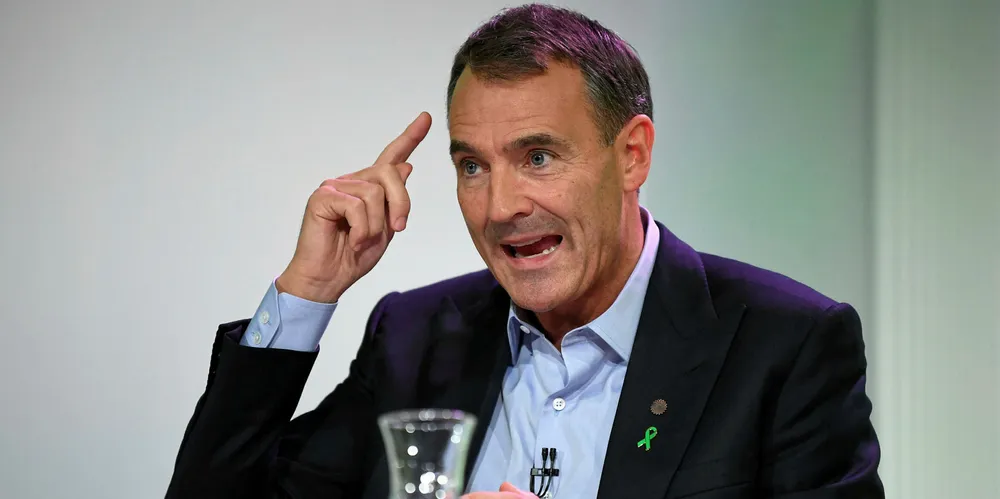'A very different kind of company': BP pledges 20-fold increase in renewables spending
New chief executive Bernard Looney vows to increase green investments tenfold as oil giant transforms into an 'integrated energy company'

New chief executive Bernard Looney vows to increase green investments tenfold as oil giant transforms into an 'integrated energy company'
